At Nura Gili we're focussed on progress for all
As a leader in Indigenous education, our purpose is to enrich Australia culturally and professionally.
We strive to enhance the capacity of Indigenous communities and individuals to engage in all aspects of Australian society, and ensure that Indigenous knowledge, culture and histories are embedded in every part of UNSW's community.
Study at UNSW
If you're Aboriginal or a Torres Strait Islander, no matter which undergraduate degree you want to study, we have opportunities and pathways to get you there!
Experience uni
Get a taste of uni life as an Indigenous student, and experience what studying at UNSW is like with one of our programs designed for highschoolers and non-school leavers.
Indigenous Studies at UNSW
Our undergraduate courses, Honours programs and PhD programs are open to everyone (Indigenous and non-Indigenous students), offering the opportunity to explore Indigenous-centred perspectives, voices & histories.
Your success is our success
Your academic, social and cultural ambitions are things that Nura Gili and UNSW are just as invested in as you are, so we offer programs and opportunities tailored for Indigenous peoples that’ll empower you to reach your goals.
Got a question?
We know the process of applying for uni and completing your studies can be overwhelming, so if you have any questions at all, please get in touch.
Our friendly staff are here to help guide you through the process!
Always was, always will be
UNSW is located on the unceded territory of the Bidjigal/Bedegal (Kensington campus), Gadigal (City and Paddington campuses) and Ngunnawal peoples (Canberra) who are the Traditional Custodians of the lands where each campus of UNSW is situated.










